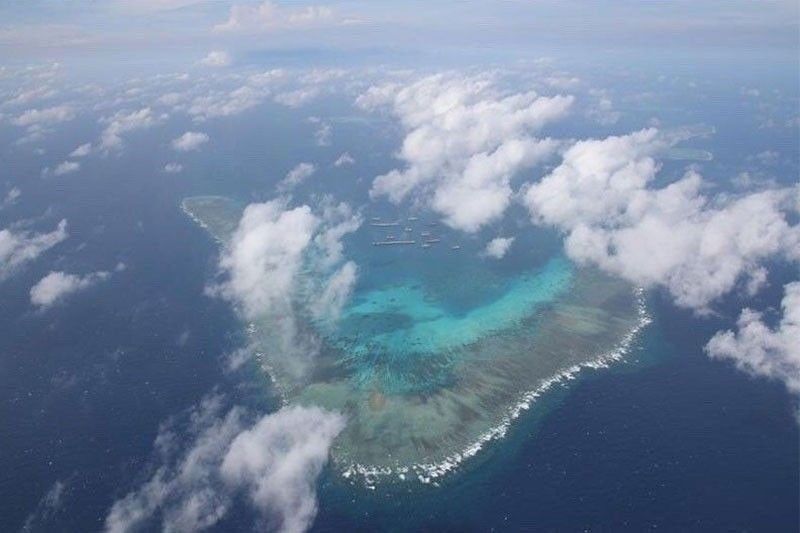Germany: Indo-Pacific region may dictate 21st century international order

MANILA, Philippines — Germany on Monday stressed the importance of the direction of geopolitical tensions in the Indo-Pacific region as leaders from around the world attend the 2023 Munich Security Conference.
Federal Minister for Foreign Affairs of Germany Annalena Baerbock pointed out that it is even more important to keep watch of developments in the region and “defuse further tensions” after seeing the effects of the war in Europe.
“The Indo-Pacific is one, if not the region, in which it will be decided what the international order of the 21st century will look like,” Baerbock said in a joint press conference with Foreign Affairs Secretary Enrique Manalo on Monday.
Taking note of the recent incident where the China Coast Guard directed a military-grade laser against the Philippine Coast Guard in the vicinity of Ayungin Shoal, Baerbock said the Philippines is in an area where tensions “might explode at any given moment.”
“We also stand up for the international law and the peaceful settlement of conflict in the Indo-Pacific and in the South China Sea,” Baerbock said.
“In concrete terms, this means that whenever a country asserts maritime claims, it is first and foremost in the framework of international law,” she added, pointing to the UN Convention on the Law of the Sea.
Manalo said the Philippines “remains committed to diplomacy and dialogue” in facing disputes in the West Philippine Sea, despite recent actions.
“We are one with Germany, in the rule of law, in supporting all states to uphold a rules-based international order and the need for all states to resolve their disputes through peaceful means and in accordance with international law,” Manalo said.
Last week, the Philippines through the Department of Foreign Affairs, and China through both of its embassy in Manila and its Ministry of Foreign Affairs, gave different accounts of the incident. Beijing pinned the blame on Manila for supposedly intruding its territory and its coast guard’s actions were for defense, even if the Ayungin Shoal is within the Philippines’ exclusive economic zone.
The Philippines stood by the account of its coast guard.
China went as far as calling the 2016 ruling of the Permanent Court of Arbitration as a “political drama” orchestrated by the United States, which was the first country to express its support for the Philippines after the incident in Ayungin Shoal. The Hague ruling invalidated China’s sweeping nine-dash claims over waters that included parts of the West Philippine Sea.
The Philippines has since filed a diplomatic protest over the incident, which came just weeks after President Ferdinand “Bongbong” Marcos Jr.’s state visit to China earlier this year. — Kaycee Valmonte
- Latest
- Trending

































